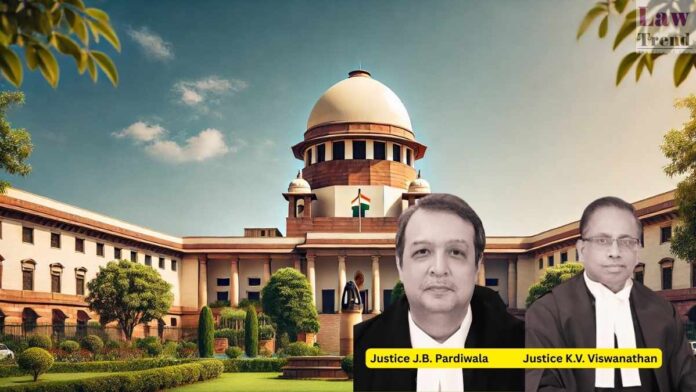The Supreme Court of India, on Tuesday, dismissed an appeal challenging an arbitral award that directed the payment of interest at the rate of 24% per annum. The Apex Court held that in purely commercial transactions, a high rate of interest does not automatically violate public policy, nor does it fall foul of the Usurious
To Read More Please Subscribe to VIP Membership for Unlimited Access to All the Articles, Download Available Copies of Judgments/Order, Acess to Central/State Bare Acts, Advertisement Free Content, Access to More than 4000 Legal Drafts( Readymade Editable Formats of Suits, Petitions, Writs, Legal Notices, Divorce Petitions, 138 Notices, Bail Applications etc.) in Hindi and English.




